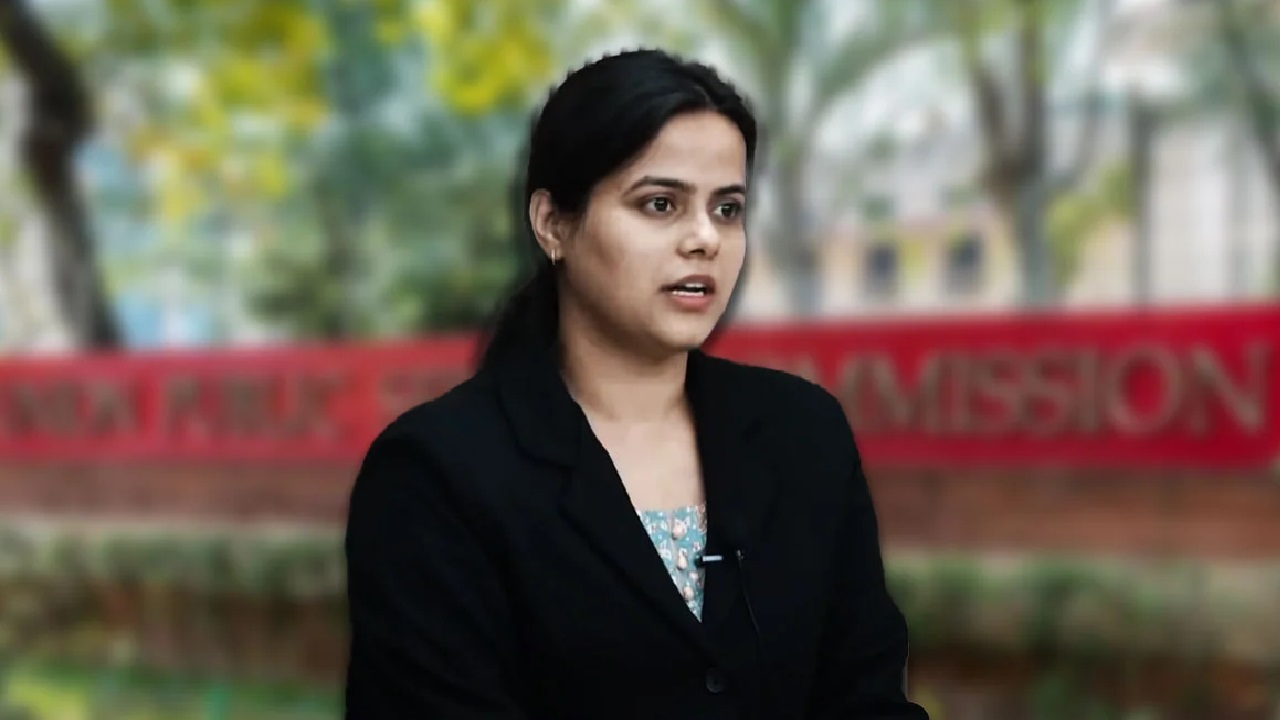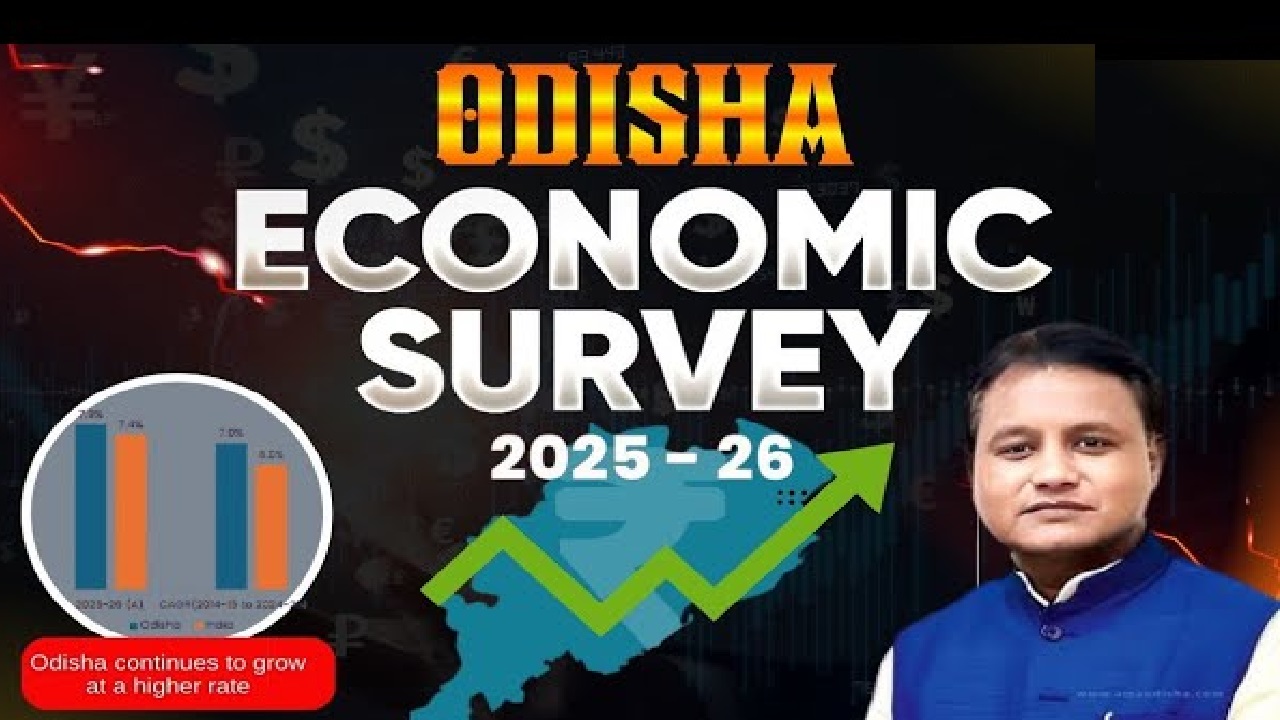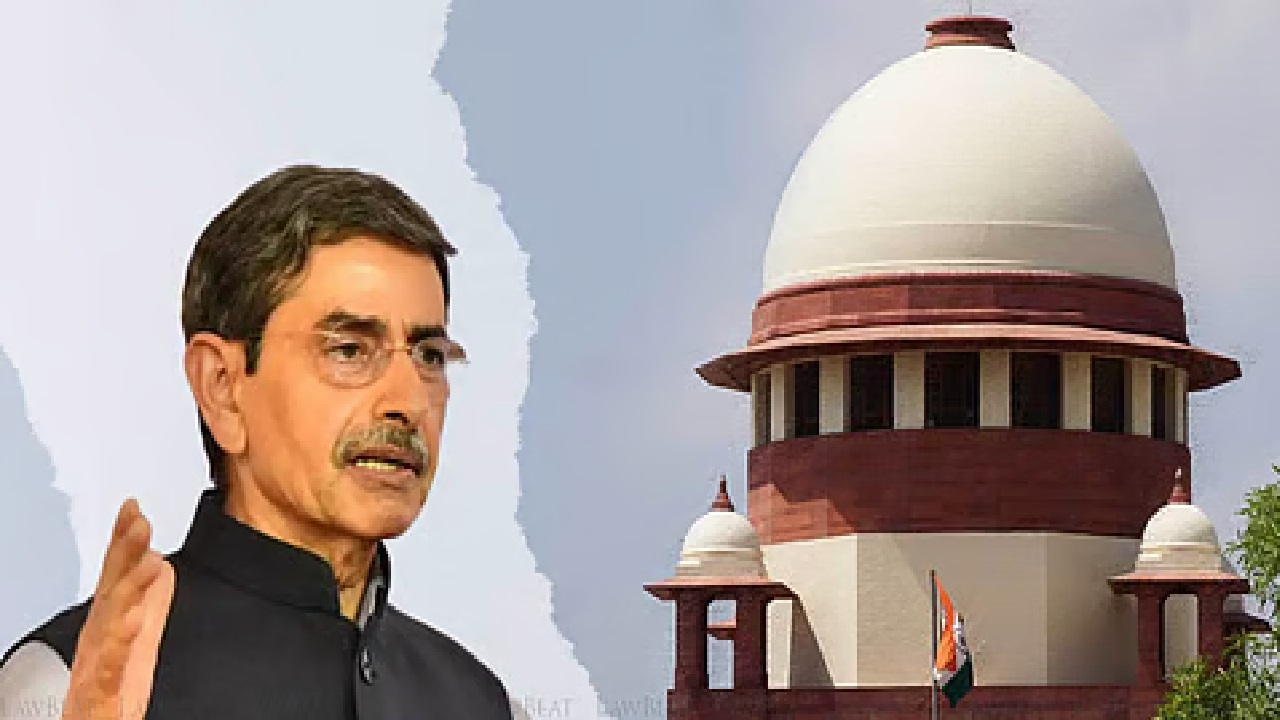The UPSC Dream and the Journey of a Thousand Miles
Every year, lakhs of aspirants across India dedicate themselves to one of the country’s most challenging and prestigious examinations—the Civil Services Examination (CSE), conducted by the Union Public Service Commission (UPSC). Known as the gateway to India’s top administrative, diplomatic, and law enforcement services, cracking the UPSC is not just a career milestone—it’s a national badge of excellence.
This year, 1,009 candidates emerged victorious in the UPSC CSE 2024, ready to step into roles that shape India’s governance and development. Leading this year’s cohort is Shakti Dubey, who has secured the All-India Rank 1, inspiring millions of future civil servants.
What Is the UPSC CSE? A Test of Grit, Knowledge, and Vision
The UPSC Civil Services Examination is conducted in three stages:
· Preliminary Exam (objective-type screening test)
· Main Exam (subjective written papers)
· Personality Test (interview round)
In 2024, the Prelims were held on June 16, the Mains between September 20 and 29, and the final interviews spanned from January 7 to April 17, 2025.
This structured and rigorous process ensures that only the most capable, well-rounded, and visionary individuals are selected to serve the country. The exam isn’t just a test of knowledge; it assesses decision-making, ethics, communication, leadership, and emotional intelligence.
The Results: Numbers That Reflect a Nation’s Talent
The announcement of 1,009 successful candidates represents not just statistical data, but real stories of perseverance, sacrifice, and determination. These individuals will now join elite services like:
· Indian Administrative Service (IAS)
· Indian Police Service (IPS)
· Indian Foreign Service (IFS)
· Group A and B Central Services
Among them, 241 candidates are currently marked as provisional, pending final verification—a standard process ensuring compliance with eligibility and documentation.
The Next Step: Shaping Leaders of Tomorrow
These new officers will soon begin a transformative phase of training at India’s most prestigious academies:
· Lal Bahadur Shastri National Academy of Administration (LBSNAA) in Mussoorie for IAS officers
· Sardar Vallabhbhai Patel National Police Academy (SVPNPA) in Hyderabad for IPS
· And several other specialized institutions for respective services
Training focuses on policy, governance, ethics, law, public administration, and fieldwork—shaping not just officers, but the next generation of nation-builders.
India’s Intellectual Reservoir: Why It Keeps Overflowing
India’s ability to consistently produce exceptional civil servants year after year is not accidental. It is the result of:
· An education system that, despite its flaws, nurtures ambition and resilience
· A culture that deeply respects knowledge, service, and leadership
· A generation that is more aware, connected, and motivated than ever before
From rural villages to urban hubs, aspirants prepare in coaching centers, libraries, and even under dim street lights—united by the belief that they can make a difference.
UPSC success stories often include tales of financial struggle, family support, academic rigor, and emotional resilience. Each topper, including this year’s Shakti Dubey, becomes a symbol of what’s possible when talent meets opportunity and tenacity.
Lighting the Way for a Brighter India
As the newest batch of civil servants prepare to step into roles of responsibility and reform, they carry with them the hopes of a billion people. Their journeys remind us that the future of India isn’t just being written in boardrooms or ballot boxes—but also in the long, solitary hours of study, the tears of near misses, and the triumph of trying again.
Let’s celebrate these 1,009 brilliant minds—not just for what they’ve achieved, but for what they promise: a more efficient, transparent, and visionary India. And for every aspirant who didn’t make it this year—remember, the dream doesn’t die. It just takes another form, another attempt, another chance.
India is watching. And it believes in you.
(With inputs from agencies)








